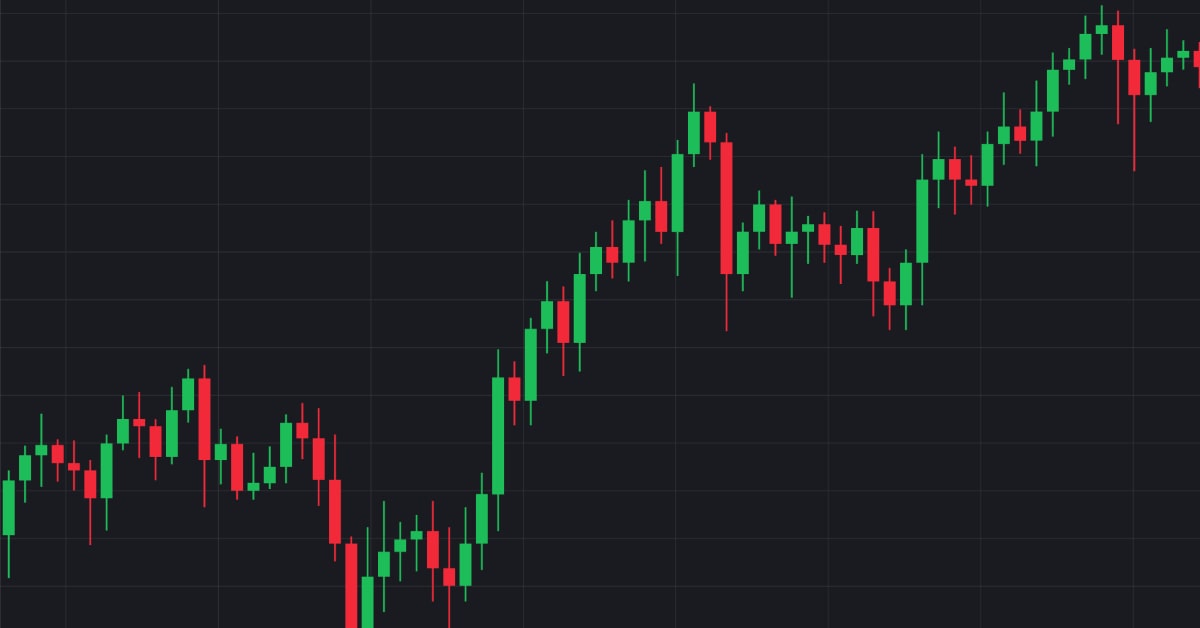Trading lernen
Trading lernen
Bei Pepperstone sind wir bestrebt, unseren Kunden den bestmöglichen Service zu bieten und sie mit einer Reihe von Weiterbildungsressourcen, exklusiven Einblicken und fortschrittlichen Trading-Tools zu unterstützen.

Trading von A bis Z
Egal, ob Sie gerade erst mit dem Handel starten oder Ihr Wissen vertiefen möchten – hier gibt’s alles, was Sie brauchen! Von den Basics bis hin zu cleveren Profi-Strategien, die Sie auf Ihrem Weg begleiten.
Bereit besser zu handeln?
Wechseln Sie jetzt zu Pepperstone und werden Sie Teil unserer globalen Gemeinschaft vonüber 620.000 Tradern. ³ Registrieren Sie sich in wenigen Minuten mit unserem einfachenAnmeldeprozess.
1
Registrieren
Melden Sie sich mitihrer E-Mail-Adresse an underhalten Sie einekostenloseDemoversion.
2
Beantworten Sieeinige Fragen
Wir prüfen ihreEignung für unsereProdukte.
3
Verifizieren Sieihre Identität
Ihre Sicherheit hatfür uns oberstePriorität.
4
Guthabeneinzahlen
Das war's! Sie sindbereit zu handeln.









.png)







